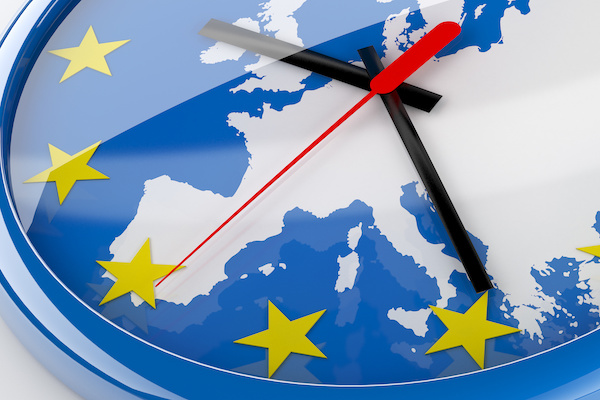13 March 2019
Tackling climate change: is it all about money?


On March 5th, the French President called, in an open letter, for the creation of a European Climate Bank after concluding that both the fight to tackle climate change and the energy transition were severely lacking funding. Therefore, Emmanuel Macron directly asked for the establishment of unprecedented financial instruments in order to live up to the environmental and climate challenges of our time. Acknowledging the dead end our continent is currently trapped in, he pointed out the necessity for France to significantly reduce its greenhouse emissions especially for the building and the mobility sectors. For them to be the most impactful, these funds will also have to be directed towards the most climate efficient actions ! In the same vein, various public figures recently mentioned the idea to set up a Marshall Plan for Climate as well as a European Climate Pact.
Over the past years, numerous voices have warned against climate disruption, amongst which were: :
– The United Nations (UN), which deplored in 2017 the “catastrophic” gap between the commitments made by the Member States and the efforts needed;
– The Intergovernmental Panel on Climate Change (IPCC) and its famous report published last autumn.
Despite the recurrent wake-up calls, little has been done so far. Meanwhile, abnormal climate events, such as the mild temperatures we currently experienced (26 degree measured on the 27thof February in the South of France, heat peak in 2018…) have become more and more common.
Take a step back to measure the road left to travel
The conclusions are clear and shared: the fight to tackle climate change lacks financial investments. If well-targeted and combined with a change in behaviour, those financial instruments could make Europe a leader and impulse major changes at a global scale.
In a recent study presented at France Stratégie, the I4CE Institute demonstrated that 10 to 30 billions euros of investment were lacking each year for France to be in line with its own commitment under the Paris Agreement. Those numbers should not only be coming from public investment but should also receive the support of the private sector. Where is money lacking? While we often talk about the lack of investments in renewable energy, this is actually the sector where operators have been the most involved and with the shortest delays! Scarcity of money mainly is an issue when it comes to housing renovation (€5 to 8 billion/year) and low-carbon mobility (€5 to 6 billion/ year)! As a result, by trying to not increase our financial debt, “we collectively increase the pressure on our climate debt”, as, the French President said.
A “ridiculously easy” answer for such an enormous issue!
Leaving this scope would allow us to collectively address climate change while improving European’s standards of living. As a matter of fact, various solutions are currently emerging in France. On February 19th, the organisation in favour of a Finance-Climate Pactproposed a unique solution: to earmark a portion of the European money creation for the energy transition. This measure would loosen the constraint established by the convergence criteria on public deficit and would ease the redirection of the funds towards more environmentally-friendly actions.
This “ridiculously easy” idea was coined by former French Environment & Energy Management Agency (ADEME) President Bruno LECHEVIN, the economist Pierre LARROUTUROU and the climatologist Jean JOUZEL before three crowded auditoriums, illustrating, once again, the willingness of the civil society (students, political figures, business leaders) to mobilize. According to the three hosts, the implementation of this Finance-Climate Pact would free up more than €1 000 billions for Europe: a minimum amount in order to put our continent on track to reach our climate objectives !
Though the climate urgency is now commonly agreed upon, the identification of financial instruments must not overshadow the fact that the fight to tackle climate change will only be efficient if it comes up with a societal, political and economic leadership. These instruments indeed are the only way to conduct large and coherent actions on a global scale.
Find out more
02 June 2020
“Long live Europe”: it’s time for Europe!
25 February 2020
Brexit: love last 47 years


About us
The Union of the French Electricity Industry is the trade association of the French electricity sector. We bring together companies from the whole value chain of the electricity industry.
Find out more









